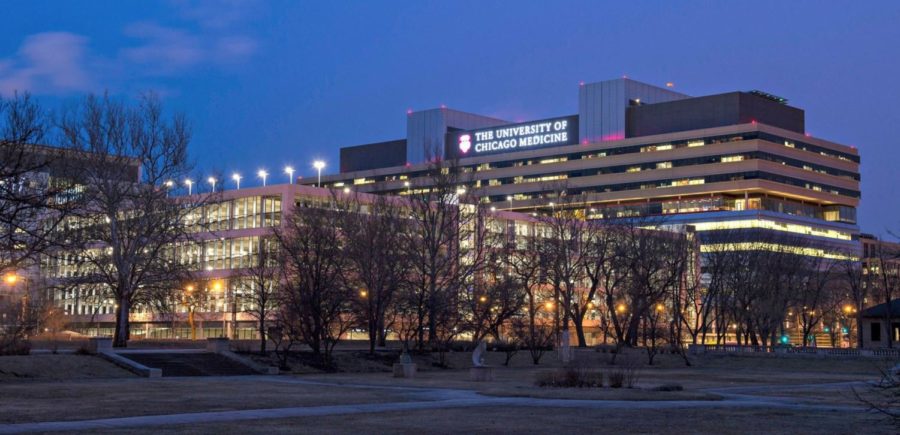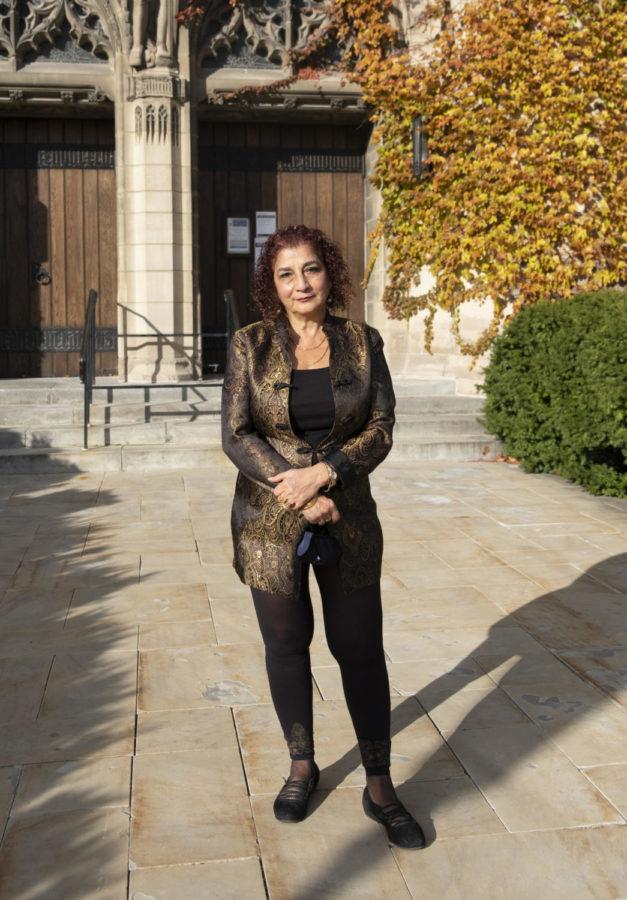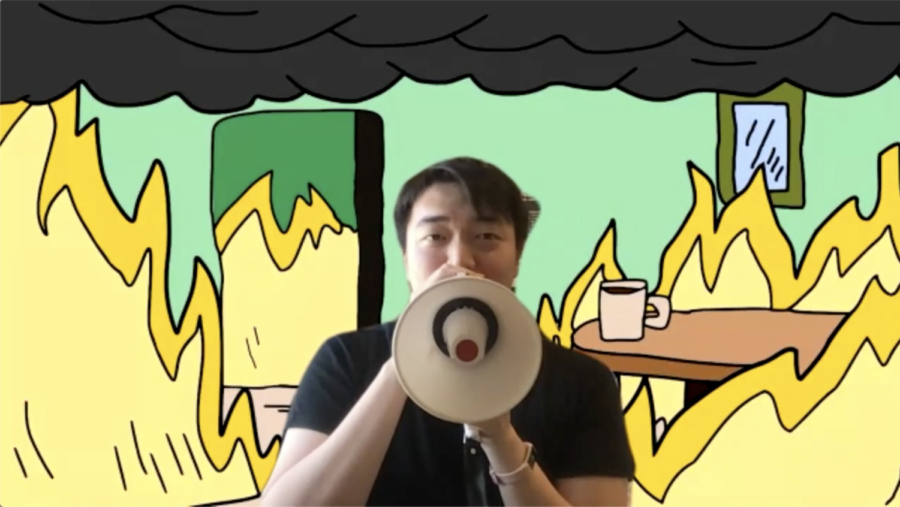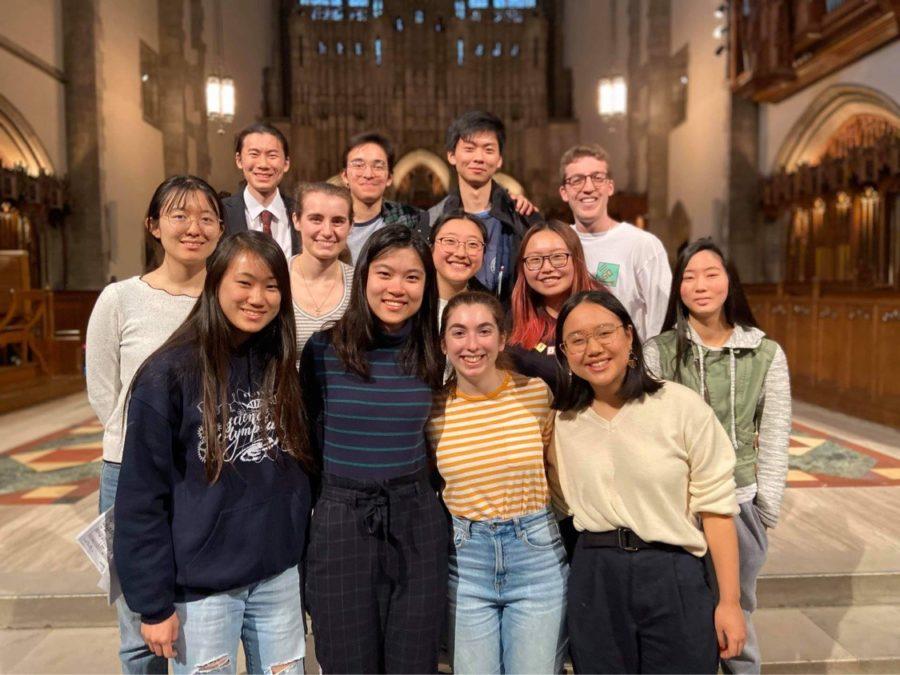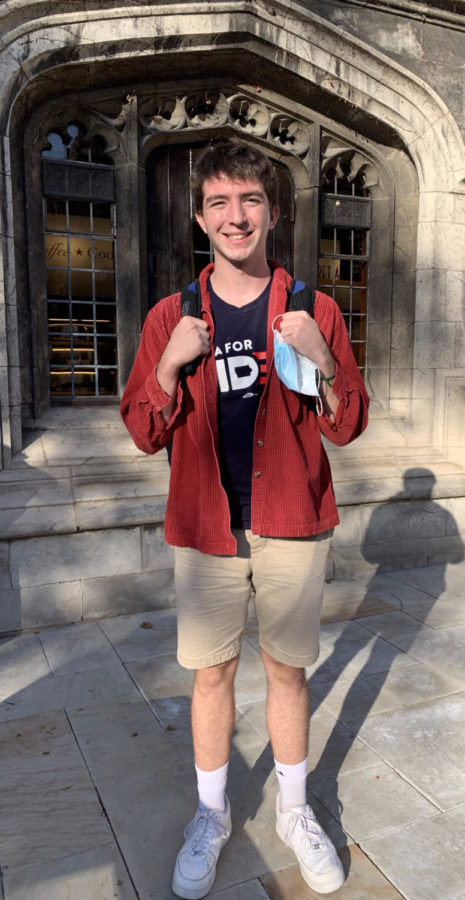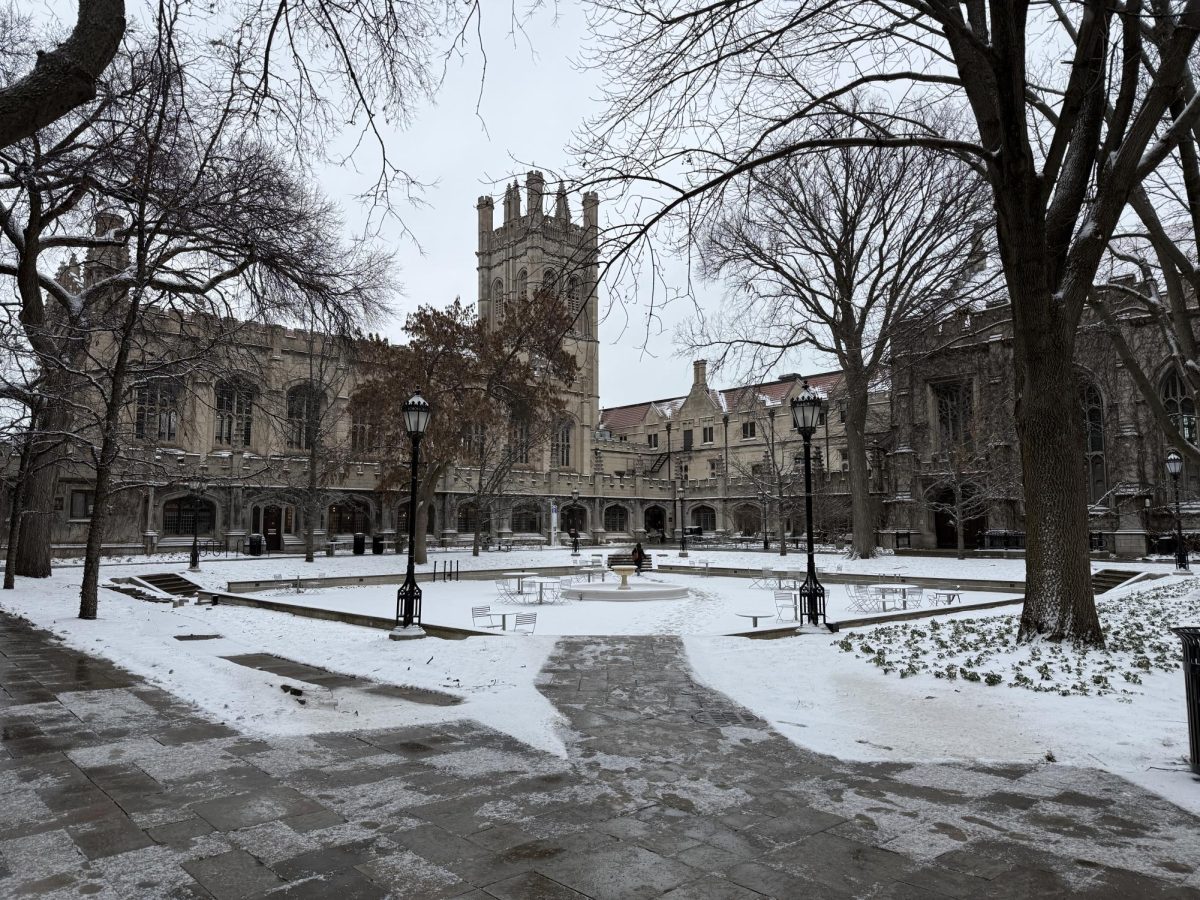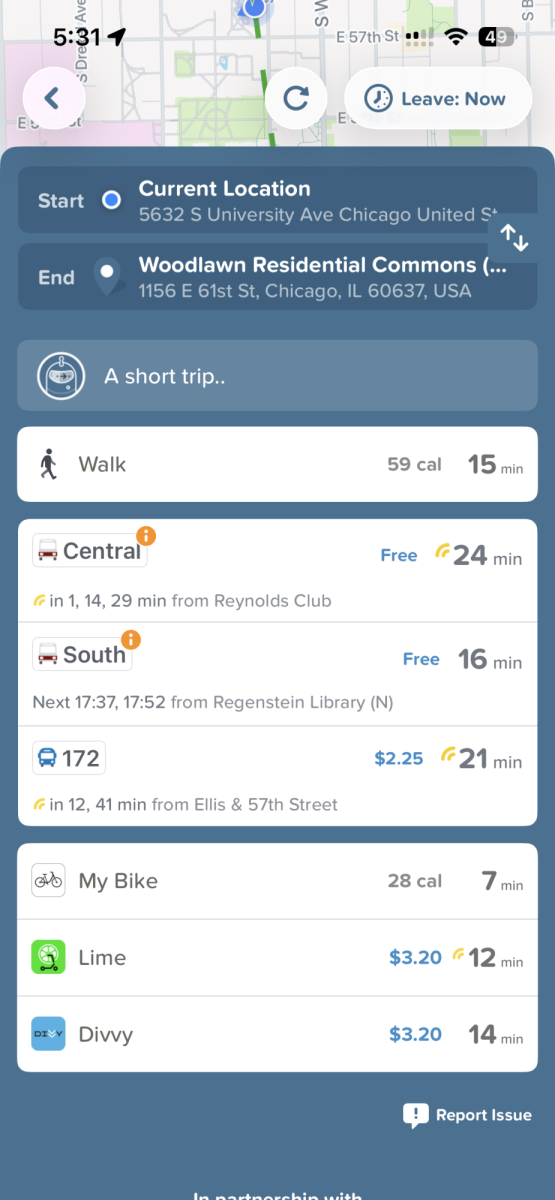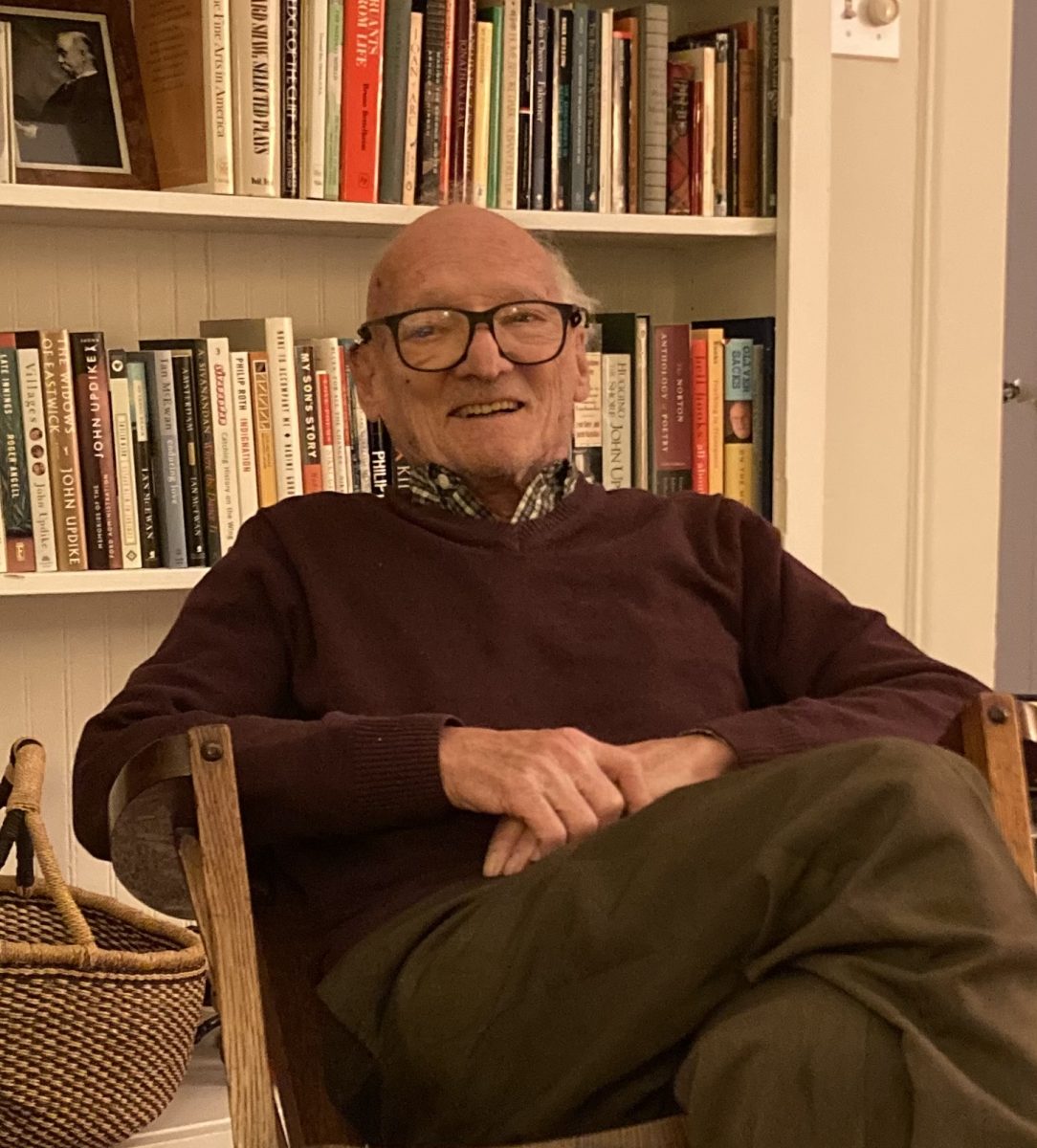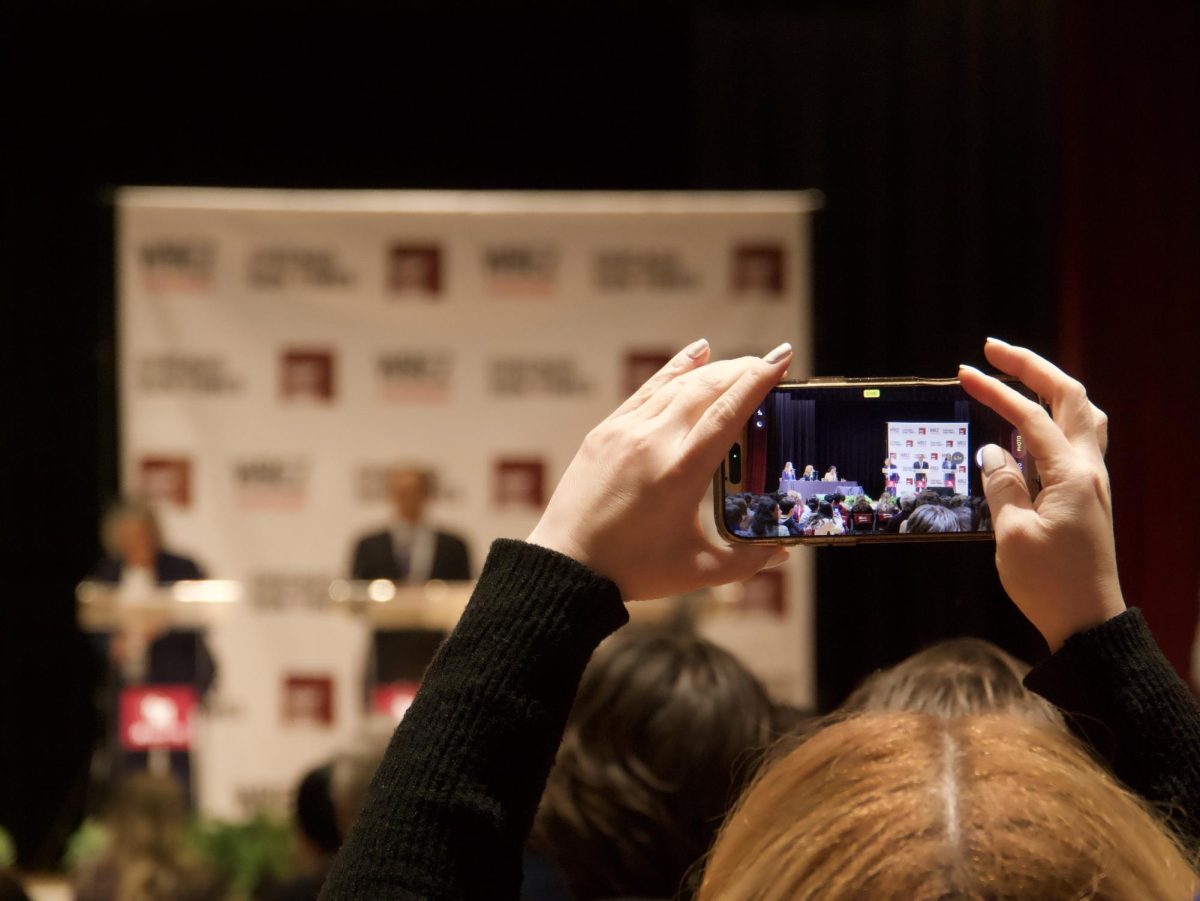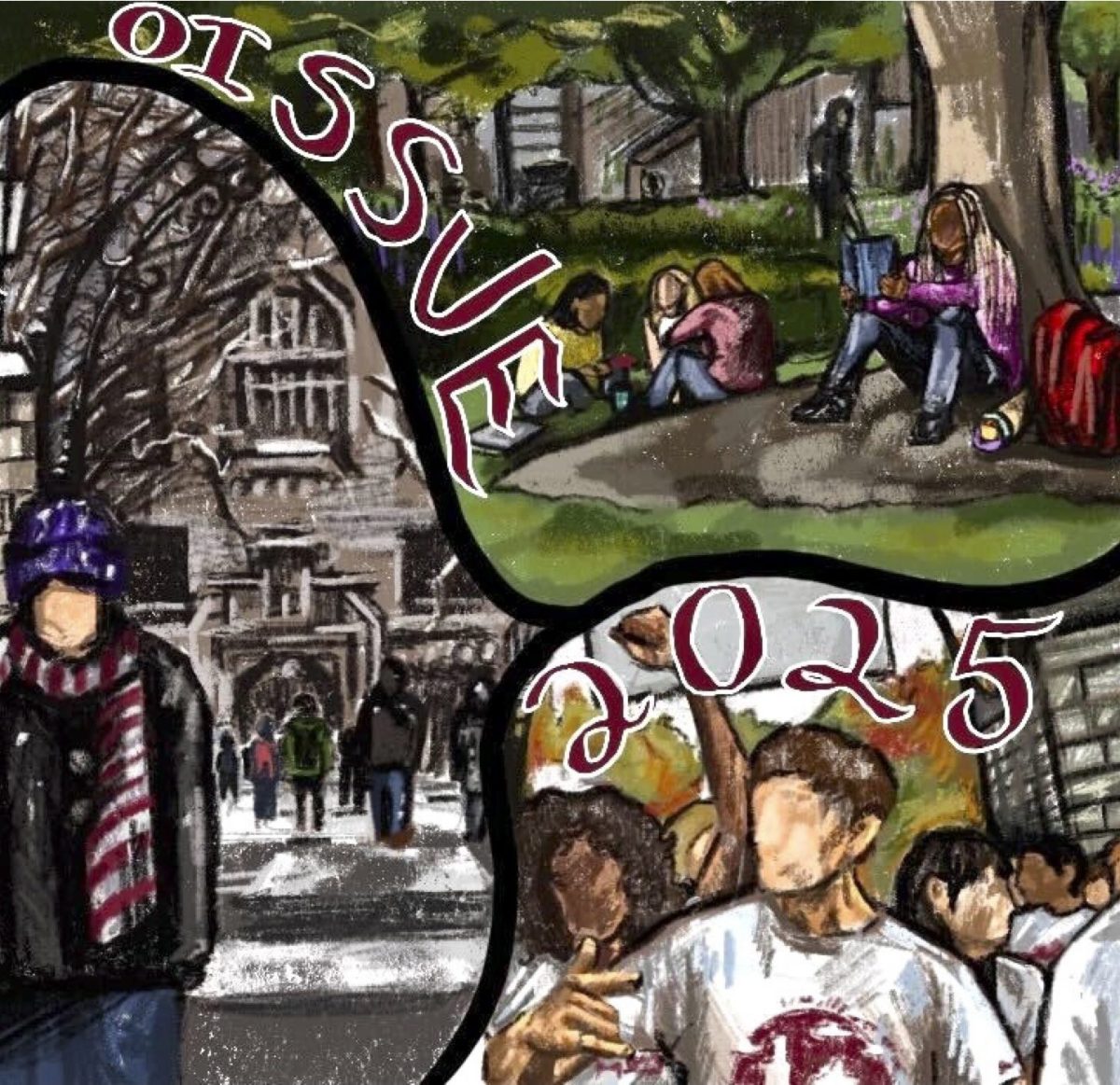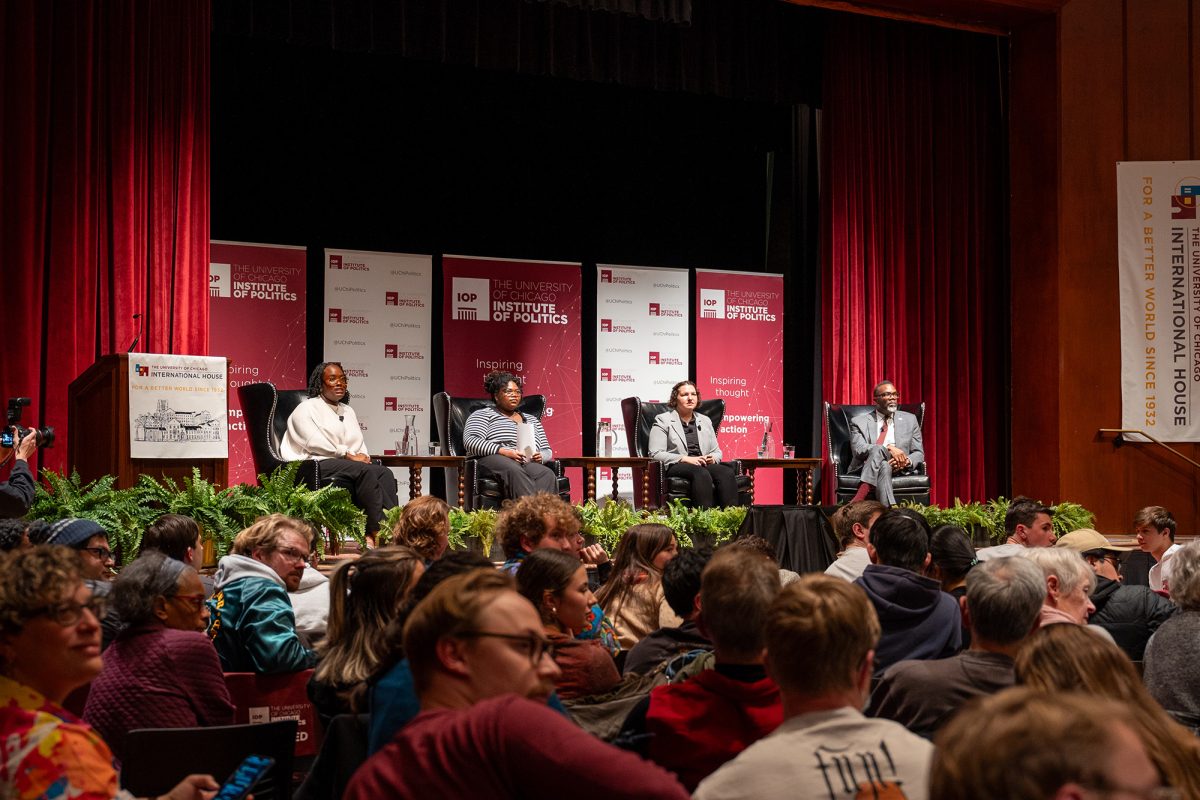Gena Lenti did not expect her medical school experience to be shaped by COVID-19. A fourth-year student at UChicago Medicine, Lenti is now working on the frontline as a research assistant in UChicago Hospital’s Intensive Care Unit (ICU), but nothing could have prepared her for the strain, both professional and emotional, of the past few months.
In an interview with The Maroon, Lenti recounted the case of one COVID-19 positive patient who has been alone in the ICU for more than two months. One of the unique difficulties that patients and families face during the pandemic is the strict no-visiting policy implemented in many hospitals to prevent the further spread of COVID-19. This can be especially difficult for long-term patients, who have been living in the ICU wards for months. Without visits from his wife, the patient’s mental health suffered, and he developed anxiety and depression.
“I just remember how downtrodden he was. I would try to call his wife every day, but later on he wouldn’t even allow me to call her anymore,” Lenti said. “At one point the patient’s wife gave me a letter and told me to read it to him[…]It was a wonderful love letter reminding him to stay strong, and that his whole family is waiting for him on the other end.”
“Reading that letter is one of the most emotional experiences I’ve had in my whole medical career,” Lenti recalled. “By the time I finished reading, I was crying, and the patient was crying too. I remember thinking…that was beautiful.”
Lenti’s work during the pandemic is also informed by the inequality and disparities within the city of Chicago. Besides working at the ICU, Lenti is involved in a series of volunteer projects, such as answering UChicago Medicine’s COVID-19 hotline and delivering food to South Side communities. Lenti and other medical students have also taken the initiative to do weekly check-in calls with COVID-19 positive patients in the South Side that are under home quarantine.
“We wanted to do justice to the communities that are plagued the most by this pandemic. As medical workers, we have this craving to contribute, and to do justice to the people fighting this disease,” she said.
Looking back on this year-long fight against Covid-19, Lenti acknowledges that it has been a hard year. Though it has admittedly been challenging, Lenti sees the experience of working at the ICU as a powerful learning experience for her development as a health worker. “A lot of what we learn in medical school is about how to interact with patients,” she said. “This experience has allowed me to truly empathize with patients and tap into not only the academic side, but the social side of medicine.”
“This is a fatiguing journey that we’re all going through. I miss my family and friends, and it has affected my own mental and emotional health too […] but I’m still hopeful that we are inching towards the end,” Lenti said. “We must stay hopeful. We must have faith.”



